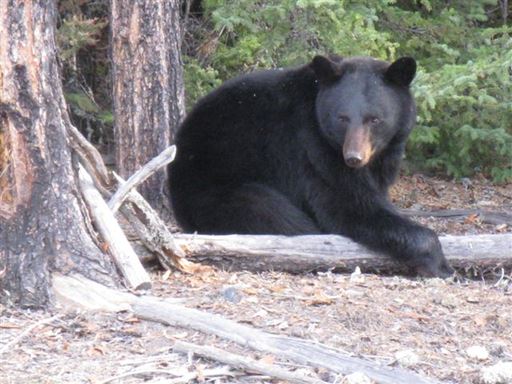Released on May 16, 2019
Seeing bears or other large predators in the wild can be very exciting. It’s important to remember, though, that these are wild animals and they can be dangerous and unpredictable. Every spring, black bears and other predators – especially young ones – move around to establish new territory and look for food. This is normal behaviour for wildlife, but it can cause challenges for humans.
In some cases, urban areas have been built along natural wildlife corridors such as rivers, forests and valleys. Wildlife travelling these corridors can sometimes come into conflict with people and property in those areas.

Remember to take the necessary safety precautions when outdoors, particularly while spending time in parks or campgrounds where there may be a higher risk of encountering predators. Leaving garbage and pet food outdoors may attract bears or other predators and animals, such as skunks.
To reduce this risk, don’t leave garbage and pet food out. If you encounter a bear or other predator, keep your distance and do not try to scare the animal away or handle the situation yourself. Most often, the animals will move on without any intervention.
Anyone who finds themselves in a potentially dangerous situation with a large predator should contact their local Ministry of Environment office or call Saskatchewan’s 24-hour Turn in Poachers and Polluters (TIPP) line at-1-800-667-7561. SaskTel subscribers can also reach the TIPP line by dialing #5555 on their cell phones.
Additional information about predator safety is available at www.saskatchewan.ca.
-30-
For more information, contact:
Jamie Gibson
Environment
Regina
Phone: 306-798-3900
Email: jamie.gibson@gov.sk.ca
For public inquires, contact:
Phone: 1-800-567-4224

